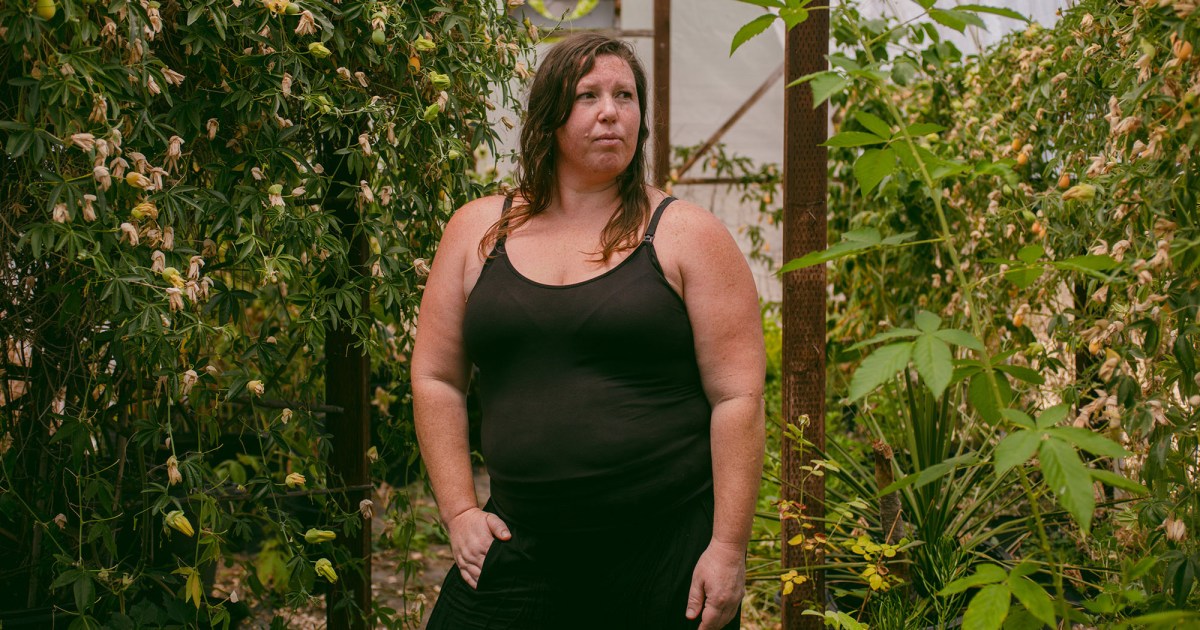Susan Horton had been a stay-at-home mom for almost 20 years, and now—pregnant with her fifth child—she felt a hard-won confidence in herself as a mother.
Then she ate a salad from Costco.
Horton didn’t realize that she would be drug-tested before her child’s birth. Or that the poppy seeds in her salad could trigger a positive result on a urine drug screen, the quick test that hospitals often use to check pregnant patients for illicit drugs. Many common foods and medications—from antacids to blood pressure and cold medicines—can prompt erroneous results.
If Horton had been tested under different circumstances—for example, if she was a government employee and required to be tested as part of her job—she would have been entitled to a more advanced test and to a review from a specially trained doctor to confirm the initial result.



Such as?
For example Hypothyroidism, Cushing syndrome, pco-syndrome or lipedema and several metabolic deficiencies. Then there’s also a plethora of psychological issues that can influence the metabolism and eating habits negatively. Even the social status has an proven effect on the bodyweight.
All we have is a couple of pictures of the child, it’s impossible to tell what is going on.
I mean… some people just deal worse with food in many ways. You can give three children the exact same food and they’ll all end up with different amounts of body fat.
Everyone has a different dietary need. A parent’s job is to meet those needs. If they cannot, they shouldn’t be able to have kids—especially five of them.